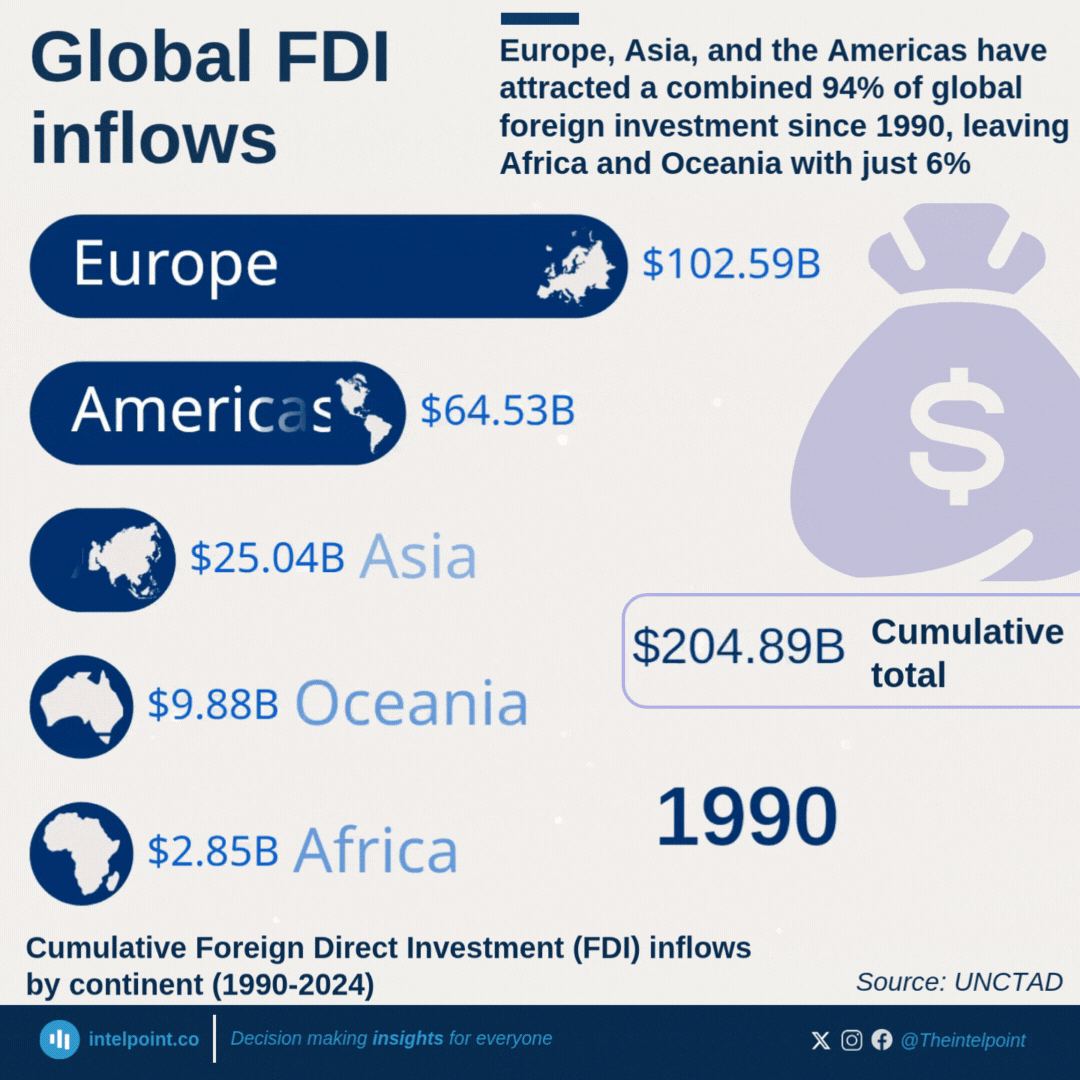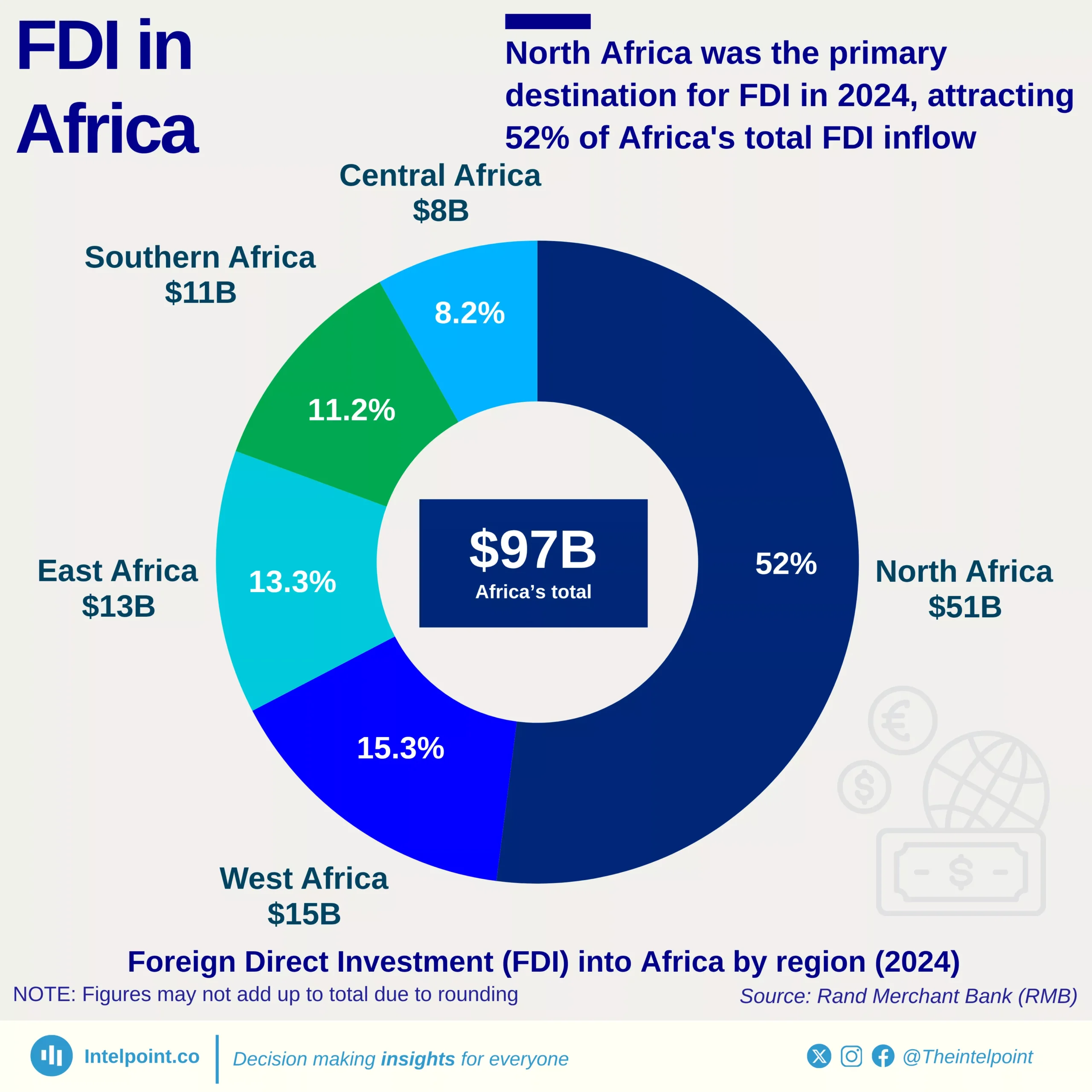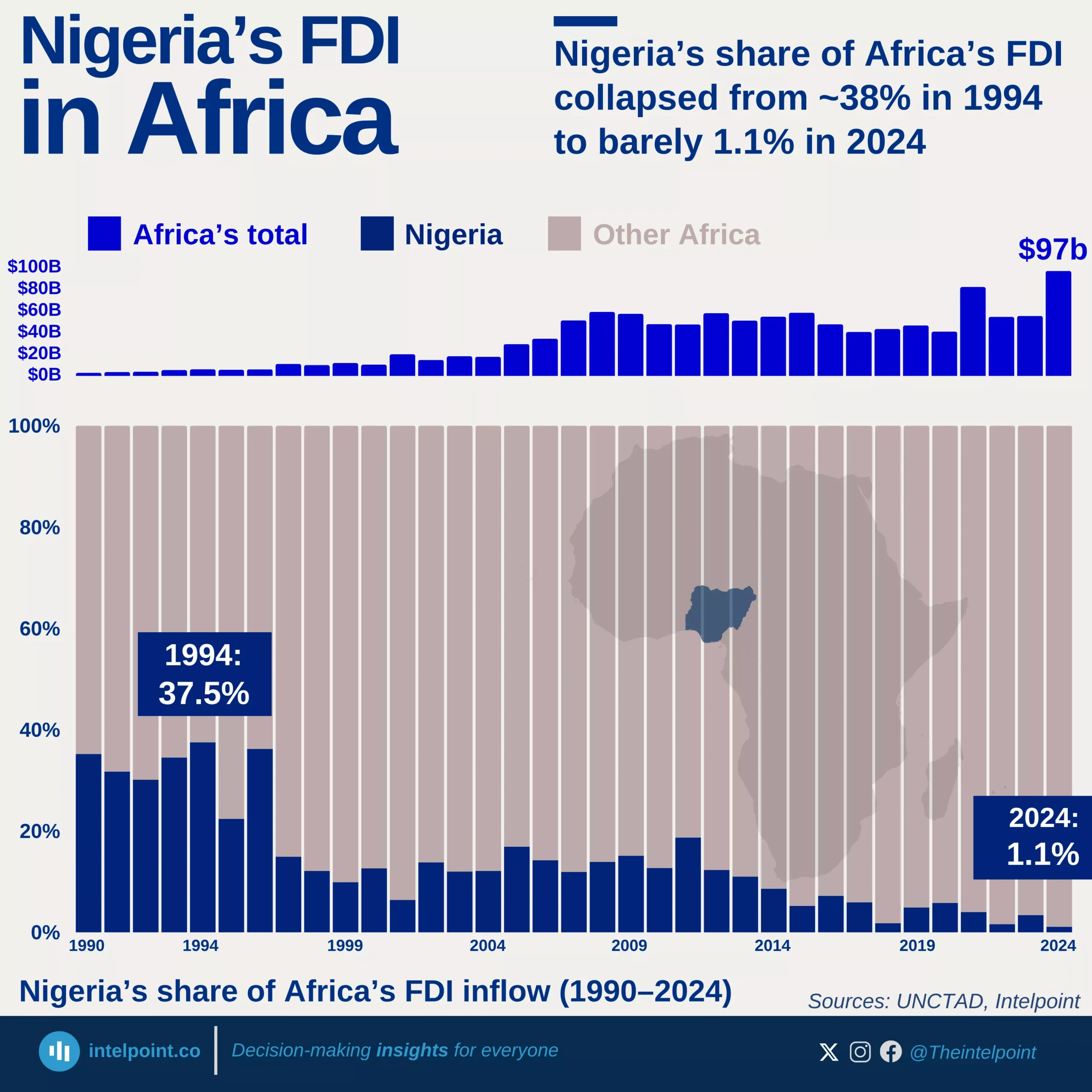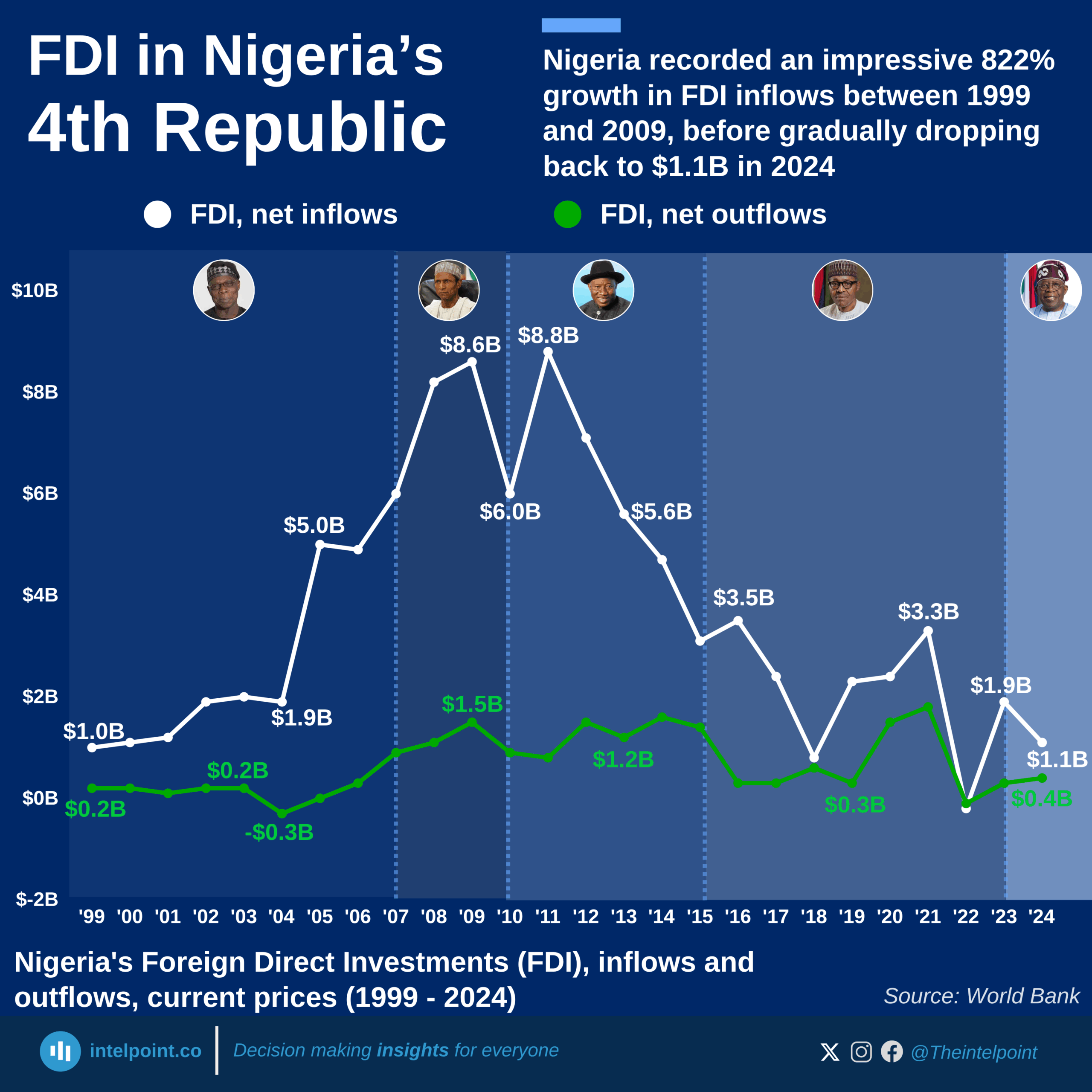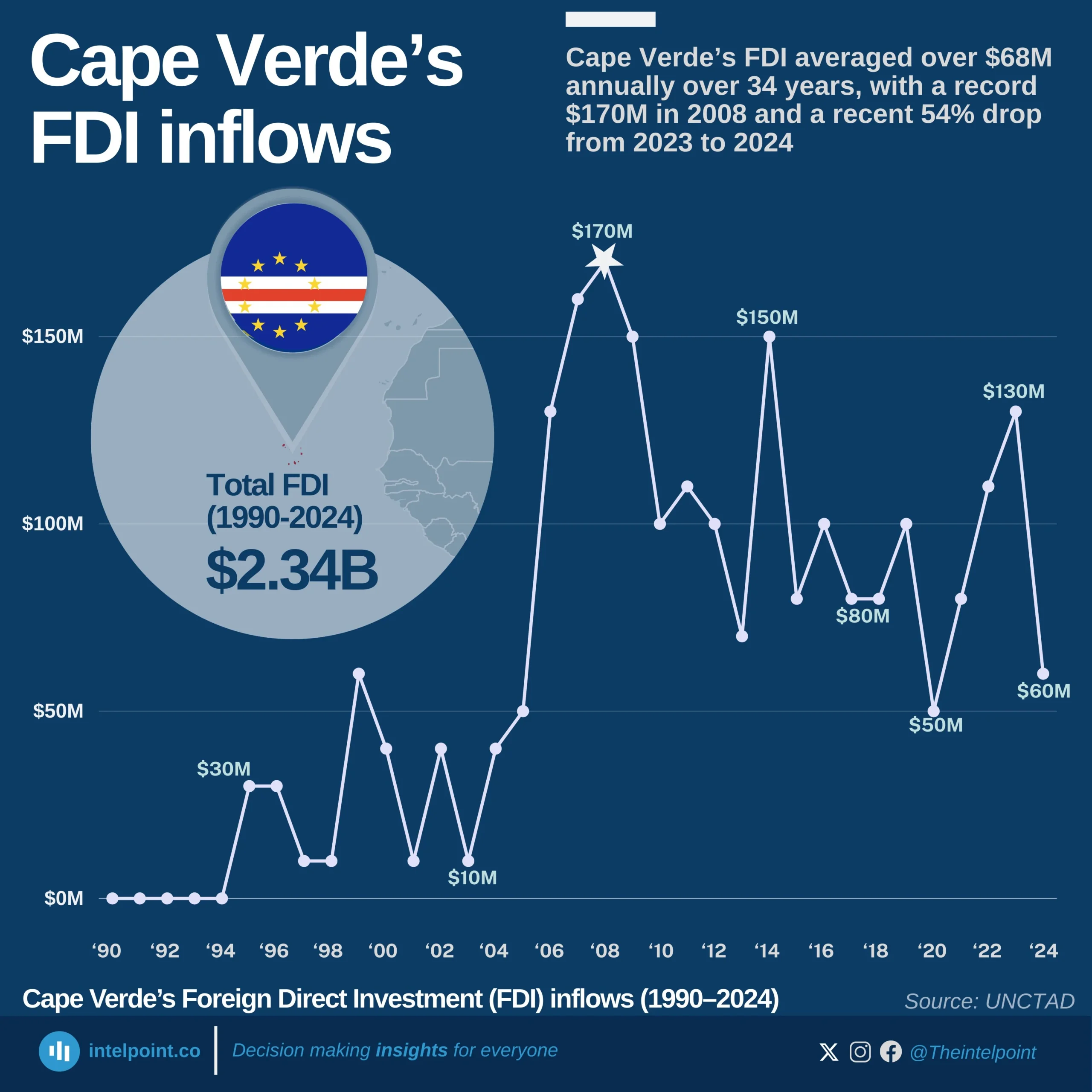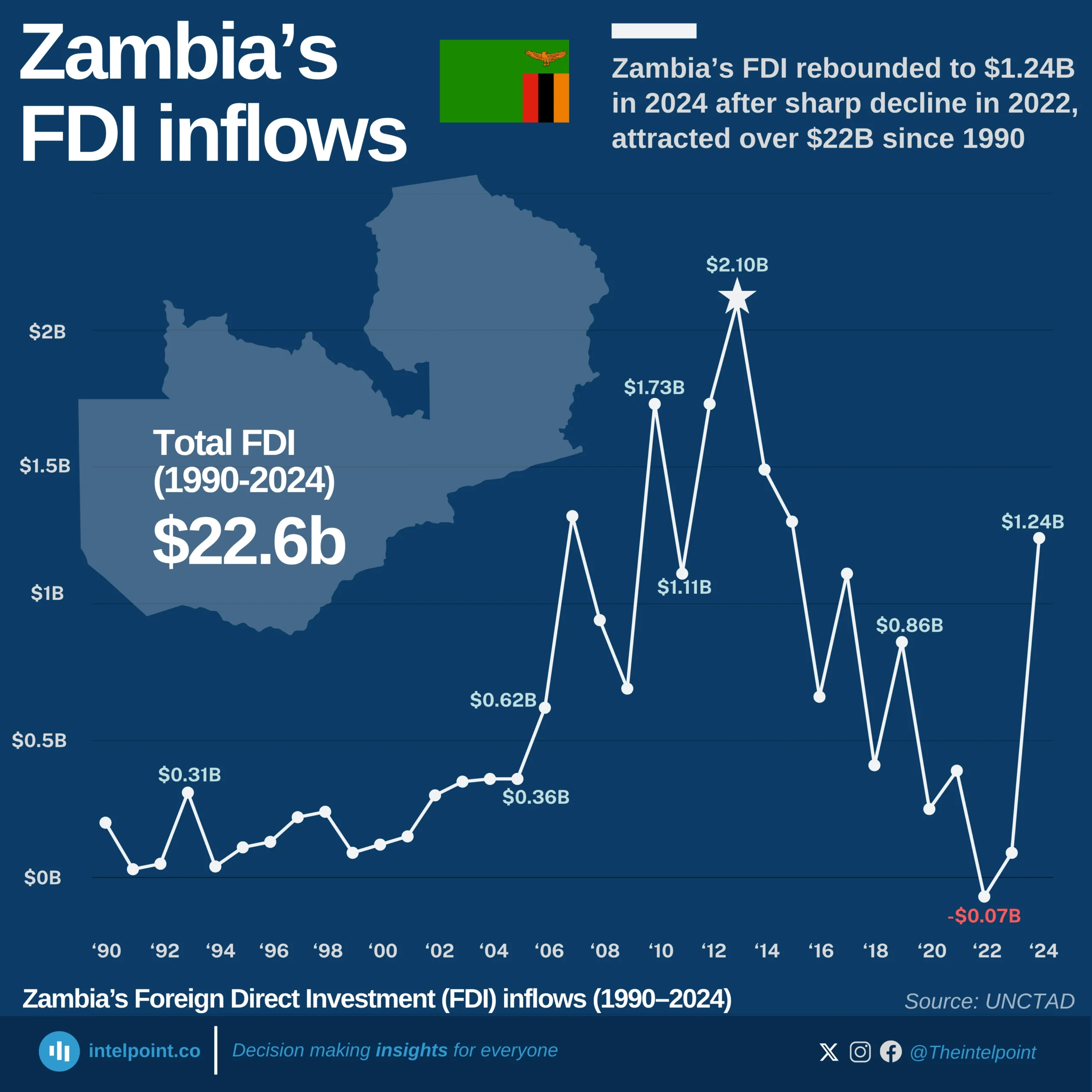Chinese FDI in Nigeria has experienced significant fluctuations over the years. The highest inflow of $390.4 million was recorded in 2007, followed by $333.1 million in 2012. While there were other peaks in 2014 and 2020, the trend has generally been inconsistent, with 2022 showing a drop to $119.6 million.
